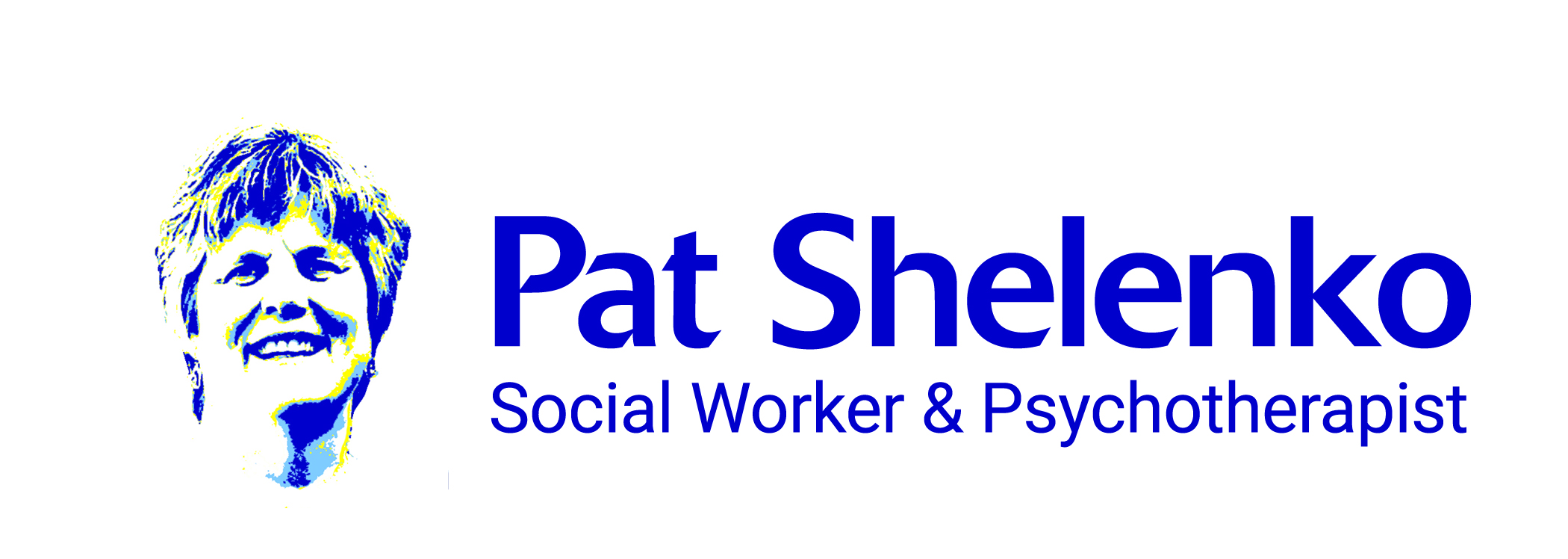6. The Process

This Section is still under construction but I will be publishing here in 2021. This section will describe the actual process I will undertake in the next part of my project.
The main question I have asked myself is: how can a practitioner be collaborative and anti-oppressive in a medical setting? I was at the mental health centre for more than ten years. I have felt silenced in many situations. I want to find my voice. Will I have any influence as a colleague? What do I require to invite conversations that might invigorate the team, which is mostly burned out and tired of change, to articulate a position of effectiveness and usefulness in the work we do?
I will also be making a conscious effort to step away from certainty (as a postmodern practitioner). Prior to meetings and discussion, I will be mindfully aware of my preferred social constructionist, collaborative, anti-oppressive stance and enter situations with a not knowing stance (Anderson & Swim, 1995). I will also keep in mind the three c’s: connect, collaborate, and construct (Anderson H. , 2000). This will assist me in being in constructive relationships with my colleagues and others in the various situations in which I find myself.
I will present situations which could include discussions (in various combinations) with social workers, students; families/patients; managers; colleagues and community partners. I will also be providing a rational as to why I choose an interaction.
These situations will be presented in a narrative format on new blog posts. These will include my feelings and reactions during the interaction. I will then analyze my role and discuss my contribution to these conversations. This analysis will look at words, comments, questions that support my collaborative anti-oppressive position. What effects did this position have on the situation? Was it helpful, or not helpful? Was there any immediate sign of change within the multidisciplinary team that I work with?
After each narrative and analysis, I invite others to participate in the discussion. What did you notice? Did this resonate with you in some way? Do you see potential for change (of myself or yourself)? What else might have been possible? Do you have similar practice issues when trying to be one way while others are ‘different’?
So, you can join your voice with mine, so we do not fade out in frustration. Can we support each other in ‘modern’ settings as we work to be congruent with our anti-oppressive, collaborative values?
Continue to Epilogue or return to Anti-Oppressive Practice or Home.
